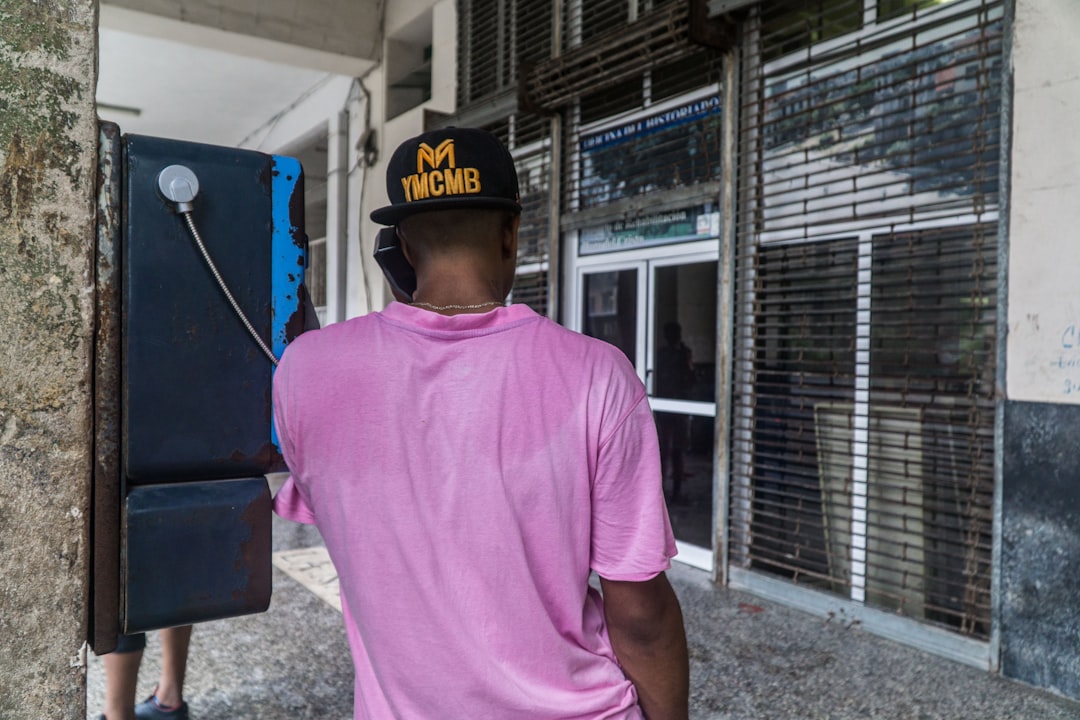The COVID-19 pandemic significantly impacted legal landscapes globally, particularly in Delaware, where the Telephone Consumer Protection Act (TCPA) came under increased scrutiny. The shift to remote work led to a surge in TCPA-related lawsuits due to blurred lines between legitimate business calls and spam. Delaware courts adapted with virtual hearings and remote depositions, while consumers faced an influx of unwanted spam calls. This dynamic environment required TCPA lawyers and attorneys to stay agile, focusing on evolving consumer protections as businesses navigated financial strain or privacy practices. During this period, law firms established robust telemedicine capabilities and innovative strategies to handle cases effectively. As the post-pandemic world navigates new norms and automated communications become more prevalent, demand for TCPA lawyers in Delaware is projected to rise, emphasizing the importance of their guidance in fostering a secure digital environment.
The COVID-19 pandemic significantly reshaped legal landscapes globally, and Delaware’s enforcement of the Telephone Consumer Protection Act (TCPA) was no exception. This article delves into how the pandemic impacted TCPA trends in the state, explores the unique challenges faced by TCPA lawyers and attorneys in Delaware during this period, and provides a post-pandemic outlook on the future of TCPA enforcement with insights from spam call law firms and lawyers in Delaware. Key focus areas include the role of spam call lawyers and how they’ve adapted to navigate these changes.
How COVID-19 Influenced TCPA Enforcement Trends in Delaware

The onset of COVID-19 significantly reshaped legal landscapes across the globe, and Delaware’s enforcement of the Telephone Consumer Protection Act (TCPA) was no exception. With businesses rapidly adapting to remote work and customers relying more heavily on telephonic communication, the lines between legitimate business calls and spam became increasingly blurred. This shift led to a surge in TCPA-related lawsuits, as plaintiffs sought to capitalize on the potential for misuse during these unprecedented times. Many consumers found themselves deluged with unwanted spam calls offering everything from fake medical solutions to dubious financial schemes, prompting a need for stricter enforcement.
As a result, Delaware’s courts and legal community had to navigate a new normal in TCPA cases. The pandemic accelerated the adoption of virtual hearings and remote depositions, ensuring continuity despite physical distancing measures. Additionally, the focus on public health and economic stability created challenges and opportunities for TCPA lawyers and attorneys in Delaware. While some businesses faced financial strain and reduced resources for compliance, others seized the opportunity to fortify their privacy practices and customer consent mechanisms, aiming to avoid future legal repercussions. This dynamic environment required a keen understanding of evolving consumer protections and regulatory guidelines, making it crucial for those involved in TCPA enforcement to stay agile and informed throughout the pandemic and beyond.
Legal Challenges and Adaptations During the Pandemic for TCPA Lawyers Delaware

During the COVID-19 pandemic, TCPA lawyers in Delaware faced unprecedented legal challenges as courts and legal procedures adapted to remote work and public health guidelines. While virtual hearings and remote depositions became the new norm, this shift presented unique difficulties for litigating complex telephone consumer protection cases (TCPA). Attorneys had to quickly learn and master new technologies to effectively represent clients, ensuring compliance with evolving local and federal regulations aimed at curbing spam calls. Many law firms in Delaware established robust telemedicine capabilities, allowing them to continue pursuing TCPA claims while maintaining social distancing measures.
In response to the public health crisis, Delaware’s legal community also implemented innovative strategies to address the heightened risk of spreading the virus within courtrooms. These adaptations included increased use of video conferencing for case management and status hearings, which had a significant impact on TCPA cases. As a result, many firms specializing in spam call laws in Delaware saw an uptick in demand for their services as businesses sought protection from non-essential phone marketing campaigns during these uncertain times. This period also highlighted the resilience and adaptability of TCPA attorneys in Delaware who continued to navigate the legal landscape with expertise and efficiency despite the challenges posed by the pandemic.
Post-Pandemic Outlook: Future of TCPA Enforcement in Delaware with Help from Spam Call Lawyers

As the world gradually emerges from the shadow of COVID-19, the landscape of consumer protection and privacy laws is evolving, particularly in areas like Delaware. The Telephone Consumer Protection Act (TCPA) has long been a cornerstone in combating unwanted spam calls and text messages. Post-pandemic, as businesses adapt to new norms, the demand for TCPA lawyers in Delaware is expected to rise. With the ever-increasing volume of automated communications, consumers are more likely to encounter violative calls or texts, leading to a surge in enforcement actions.
Spam call lawyers in Delaware play a pivotal role in navigating this evolving legal terrain. They assist individuals and businesses in understanding their rights under the TCPA and help them avoid costly lawsuits. By staying at the forefront of TCPA compliance, these lawyers ensure that companies are utilizing automated technologies responsibly, thus fostering a more secure and peaceful digital environment for all Delaware residents. The future of TCPA enforcement in the state looks promising, with legal experts guiding businesses towards better practices and consumers being empowered to take action against violators.






